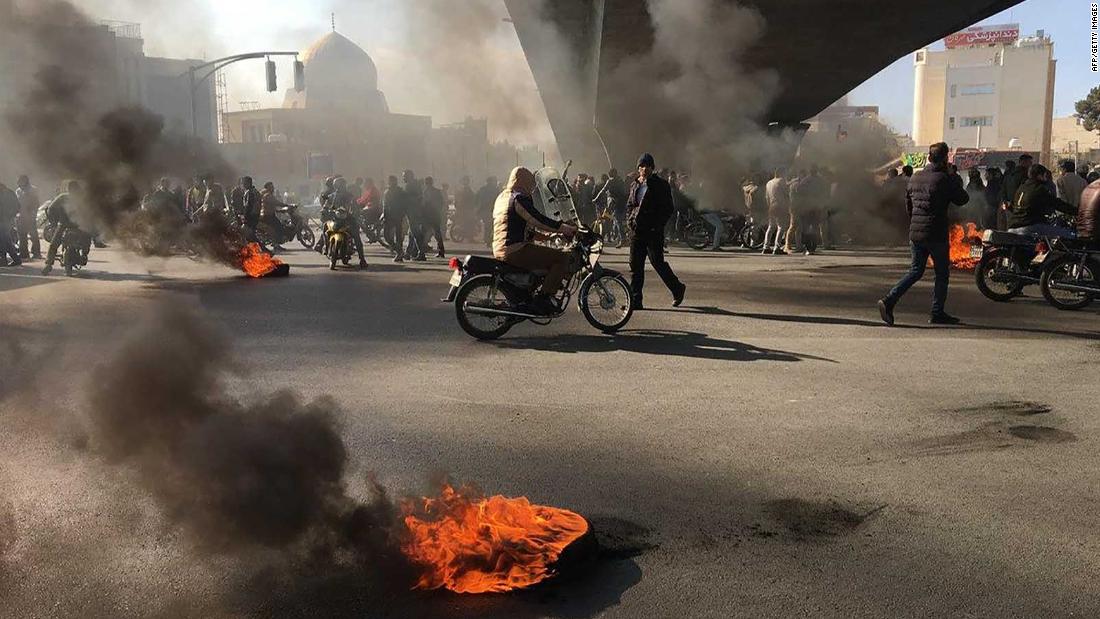
After an Iranian social media campaign that drew millions of posts under various hashtags, including “no to execution” in Farsi, Iran’s judiciary said on Thursday that the men’s lawyers could appeal their verdicts, despite the sentence, according to Mizan Online, a news agency affiliated with the judiciary.
Allowing the appeal appears to be an unusual concession by the authorities to review the Supreme Court decision.
In an open letter to the judiciary, the lawyers for the three defendants, Amir Hossein Moradi, Saeed Tamjidi and Mohammad Rajabi, said they had not been given access to documents related to their clients’ cases, according to the semi-official Jamaran News. who published the letter on Wednesday.
United States President Donald Trump also weighed in on Wednesday, joining activists under the English version of the hashtag, #StopExecutionsinIran.
“Three people were sentenced to death in Iran for participating in protests. The execution is expected momentarily. Executing these three people sends a terrible signal to the world and should not be done! #StopExecutionsInIran,” Trump tweeted.
The Supreme Court ruling on Tuesday followed the executions of two Kurdish men, Diaku Rasoulzadeh and Saber Sheikh Abdollah. The men were convicted of a deadly armed attack in 2010, in which they had repeatedly denied involvement, according to Amnesty International.
“Amnesty International calls on the UN and its member states to urgently intervene to save the lives of those at risk of execution, and urge Iran to stop using the death penalty to spread fear and silence the opposition policy, “the organization said in a statement. .
.